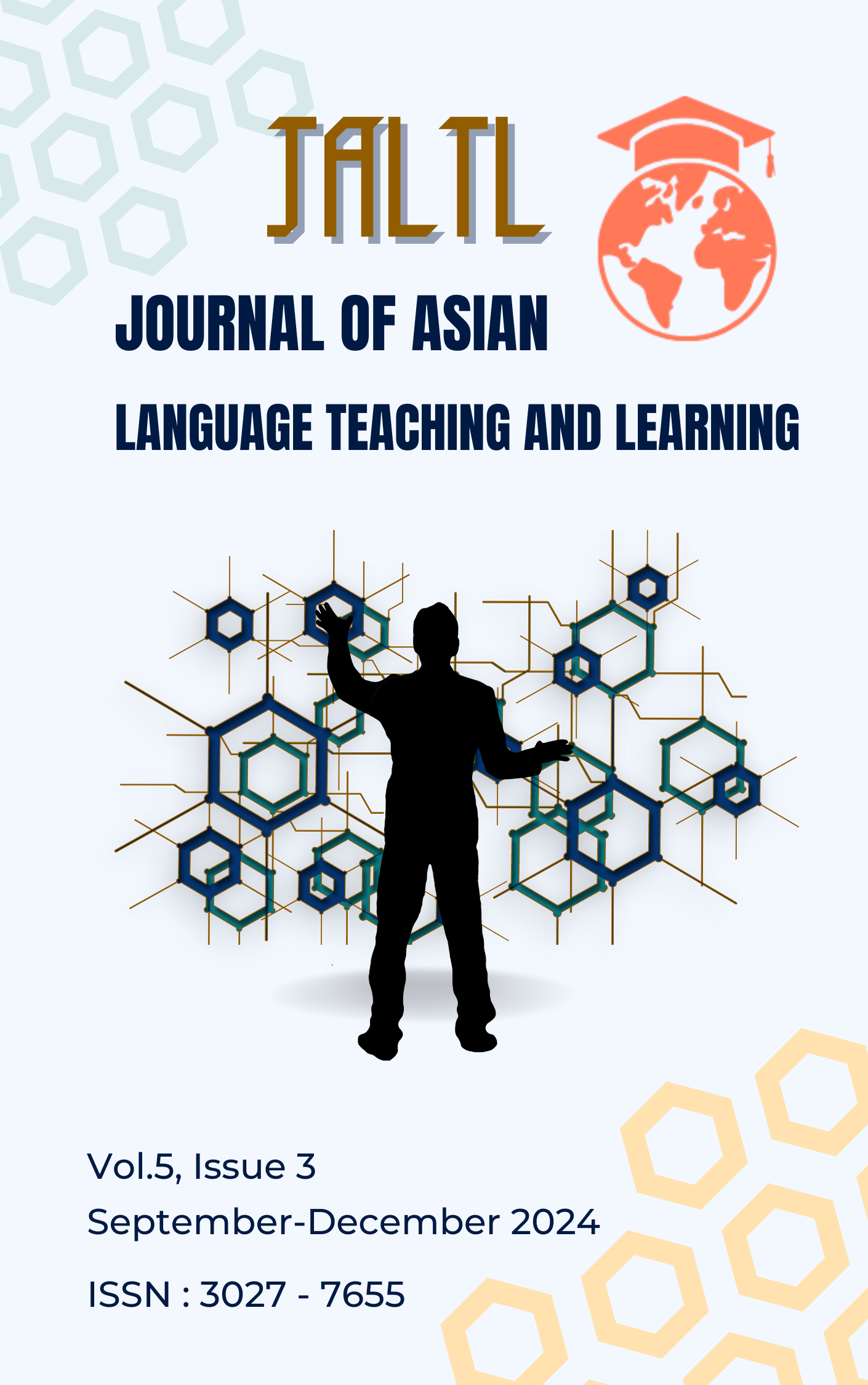The Development of Grade 5 Students’ Ability in Making Scientific Explanation on Changes in Matter Using a Brain-Based Learning Approach
Main Article Content
Abstract
This study aimed to examine and compare students' ability to create scientific explanations on changes in matter before and after learning through the Brain-Based Learning (BBL) approach. The study sample consisted of six Grade 5 students enrolled in the first semester of the 2024 academic year at a small-sized primary school under the Udonthani Primary Educational Service Area Office 3, selected through purposive sampling. The research instruments consisted of 5 lesson plans based on BBL and 5 testing situations, which each of these situations was followed by three types of questions: a claim, evidence, and reasoning. The data were analyzed using descriptive statistics, including means, standard deviations, percentages, and frequencies. The research results found that the students had scientific explanation ability after learning higher than before learning. The average scores of the pretest and the posttest were 6.50 (21.67%) and 21.33 (71.11%) respectively. In addition, the students had higher scientific explanation ability in all three components and tend to shift towards a higher level of scientific explanation ability after learning.
Article Details

This work is licensed under a Creative Commons Attribution-NonCommercial-NoDerivatives 4.0 International License.
References
Beyer, C. J., & Davis, E. A. (2008). Fostering second graders' scientific explanation: A beginning elementary teacher’s beliefs and practice. The Journal of the Learning Sciences, 17(3), 381–414.
Hanmaythee, S., Phitaksinsook, T., & Aramrit, P. (Eds.). (2018). EF executive functions for early childhood educators. Bangkok: Matichon.
Institute for the Promotion of Teaching Science and Technology (IPST). (2023, December 6). Press release: Results of the PISA 2022 assessment. Retrieved September 15, 2024 from: https://pisathailand.ipst.ac.th/news-21/
Jensen, E. (2000). Brain-based Learning: The New Science of Teaching and Training. Rev. ed. Thousand oaks, Calif: Corwin Press
Jaikam, K. (2009). Brain-based learning. FEU Academic Review, 3(1), 62–70.
Kakkaew, N., & Arpamo, P. (2024). Administrative challenges in Thai schools: Perspectives on policy implementation and teacher support. Insights into Modern Education
(i-ME), 1(6), 39-52.
Kongmun, K. (2020). The learning management of brain-based learning (BBL) for encouraging long-term memory on the gravitational force and attitude toward science of 4th-grade students (Master’s thesis). Rajabhat Maha Sarakham University.
Marrone, R., Taddeo, V., & Hill, G. (2022). Creativity and artificial intelligence-A student perspective. Journal of Intelligence, 10(3), 1-11. https://doi.org/10.3390/jintelligence10030065
McNeill, K. L., & Krajcik, J. (2008). Assessing middle school students’ content knowledge and reasoning through written scientific explanations. In J. Coffey, R. Douglas, & C. Stearns (Eds.), Assessing science learning: Perspectives from research and practice (pp. 101–116). National Science Teachers Association Press.
McNeill, K. L., & Krajcik, J. (2008). Scientific explanations: Characterizing and evaluating the effects of teachers' instructional practices on student learning. Journal of Research in Science Teaching, 45(1), 53–78.
Office of the National Economic and Social Development Council (NESDC). (2022). The Thirteenth National Economic and Social Development Plan (2023-2027). Bangkok.
Phonputtha, P., Pansuppawat, A., & Suwannatrai, K. (2021). Development of analytical thinking and learning achievement of Prathomsuksa 4 students on the topic of biodiversity by using brain-based learning (BBL) and concept mapping. Rajabhat Maha Sarakham University Journal, 16(1), 146–161.
Thamkham, P., Sliwong, D., & Suwanachai, S. (2018). The development of analytical thinking skill in mathematics subject of grade 6 students through brain-based learning with mind mapping. Ratchaphruek Journal, 16(1), 124–131.
Tussatrin, W., Nukultham, K., Kruea-In, N., & Thongperm, A. (2014). Lesson learned from the experiences of small schools in Thailand. Procedia-Social and Behavioral Sciences, 141, 1095–1100. https://doi.org/10.1016/j.sbspro.2014.05.184


